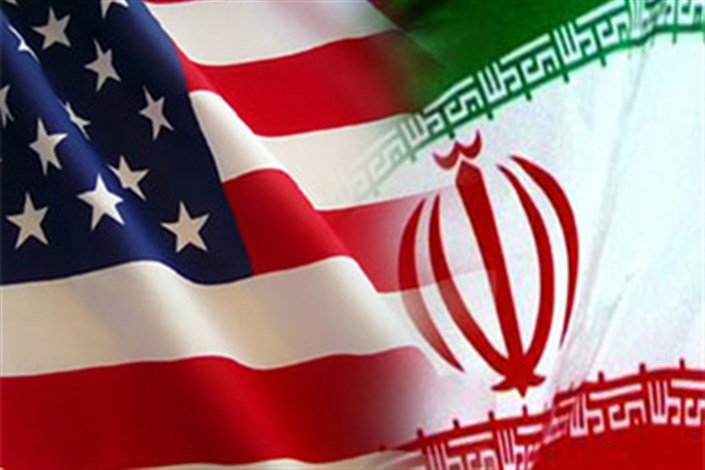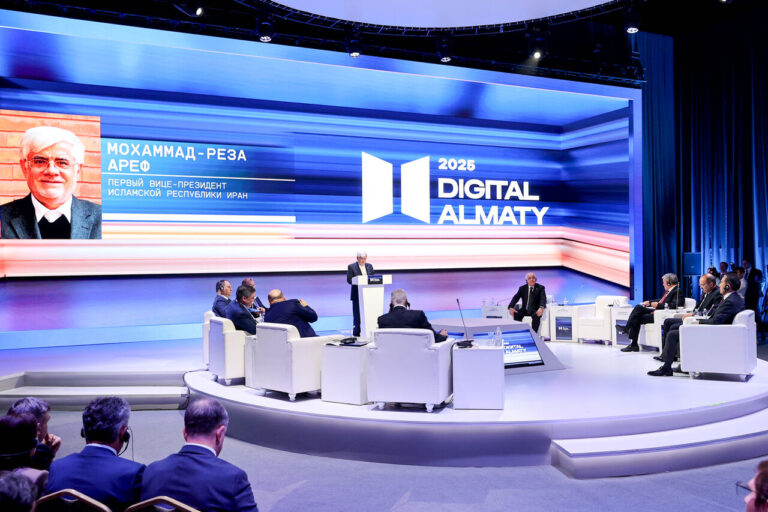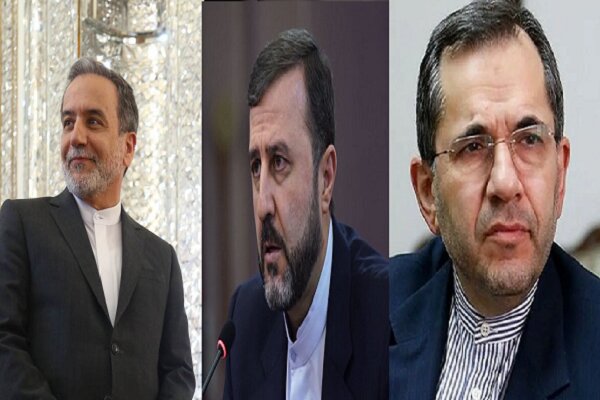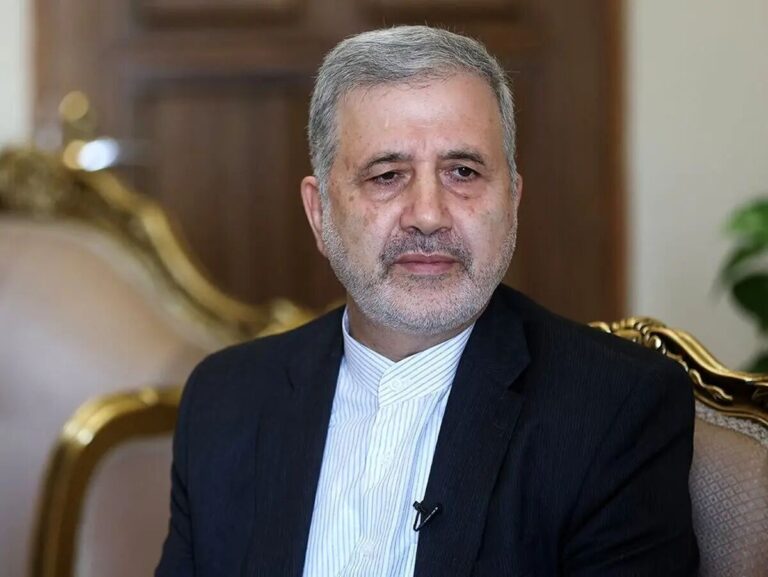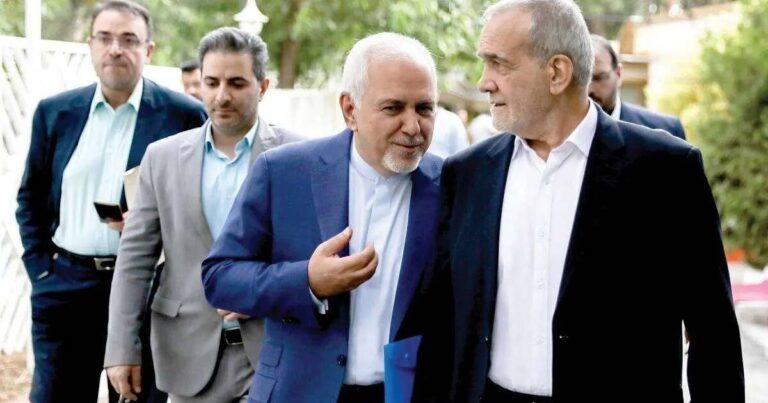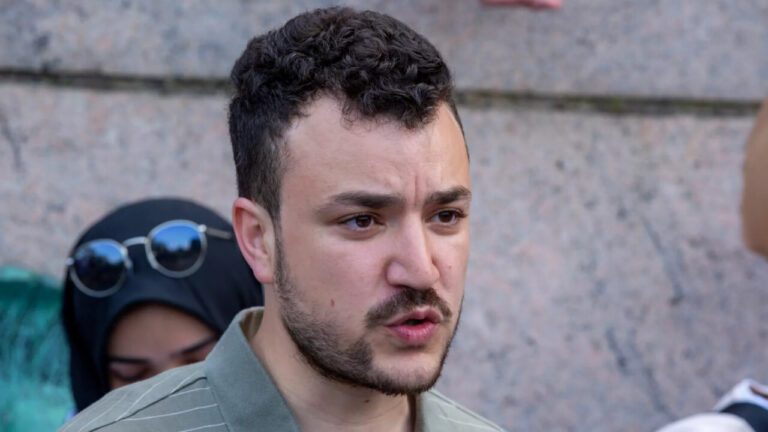Iran and US Set for Fourth Round of High-Stakes Talks in Oman This Sunday
In a recent interview, Iranian negotiator Abbas Araghchi discussed the ongoing negotiations mediated by Oman, focusing on the timeline and venue of the talks between Iran and the United States. This critical diplomatic effort aims to address Iran’s nuclear program and the associated sanctions imposed on the country. The statement highlights Iran’s commitment to the negotiation process and the complexities involved in reaching an agreement.
Araghchi explained that “Oman, as the mediator country, determines the time and venue of the negotiations,” indicating the significant role Oman plays in facilitating dialogue. He mentioned that Oman has inquired about Iran’s perspective regarding the resumption of discussions with the US, to which Iran has expressed its agreement. This indicates a willingness from Tehran to continue engaging in dialogue, reinforcing the importance of diplomatic channels in resolving international conflicts.
Further emphasizing the progress of the negotiations, Araghchi stated, “Naturally, the more progress we make, the more consultations and reviews will be required.” He noted that the delegations involved require additional time to thoroughly examine the issues at hand. This careful approach underscores the complexities of the negotiations and the need for detailed discussions to arrive at a mutually beneficial agreement.
The ongoing talks have seen multiple rounds of discussions held in significant locations, including:
- Muscat, Oman
- Rome, Italy
These meetings took place on April 12, 19, and 26, with the primary goal of reaching a deal concerning Iran’s nuclear program and addressing the sanctions imposed on the nation. Both parties have expressed a degree of satisfaction with the negotiation process, labeling it as “positive” and indicative of forward movement.
Despite the progress, a fourth round of talks, originally scheduled for May 3 in Muscat, was postponed due to “logistical and technical reasons,” according to Araghchi. This delay highlights the challenges faced in international diplomacy, where unforeseen circumstances can impact the planned progression of negotiations.
Before these discussions resume, Araghchi is expected to visit Saudi Arabia and Qatar, signaling Iran’s engagement with regional partners. This visit may play a crucial role in strengthening Iran’s diplomatic relationships and addressing any concerns from neighboring countries regarding the negotiations with the US.
Araghchi reaffirmed Iran’s commitment to the negotiation process, stating that the country remains steadfast despite “contradictory” remarks from US officials. He stressed that “Our positions in the negotiations have been principled based on a foundation and therefore they are unchangeable.” This statement reflects Iran’s determination to uphold its core interests throughout the negotiation process.
The negotiator also noted that Iran receives “contradictory messages” from US representatives, as “different individuals express different views,” which complicates the situation. He suggested that this inconsistency might stem from the recent inauguration of a new government in the United States, which may not have fully established its positions yet. Additionally, some observers view these discrepancies as negotiation tactics employed by the US.
Araghchi emphasized that despite these challenges, Iran would persist in its negotiating efforts, maintaining a clear and transparent stance. He stated, “We will continue our path and we have very transparent positions,” highlighting the importance of clarity in negotiations.
Furthermore, the foreign minister reiterated that Iran’s primary goal is to safeguard the interests of its people. He firmly asserted that the Islamic Republic would remain resolute in its negotiations, especially when its interests are at stake. This commitment reflects Iran’s broader strategy of prioritizing national interests while engaging in international diplomacy.
The implications of these ongoing negotiations are significant, not only for Iran and the US but also for regional stability in the Middle East. As discussions continue, the international community will be watching closely to see how these talks evolve and whether they lead to a fruitful agreement that addresses the concerns surrounding Iran’s nuclear program and the associated sanctions.
In conclusion, the diplomatic efforts mediated by Oman represent a crucial step toward resolving long-standing tensions between Iran and the US. As both parties navigate the complexities of the negotiation process, the outcome will undoubtedly have far-reaching consequences for regional and global politics.
